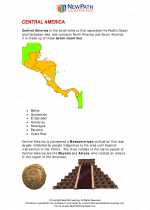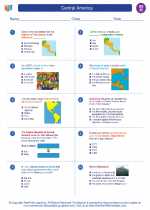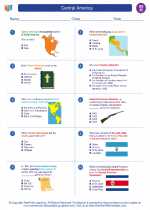Kant: Philosopher and Thinker
Immanuel Kant was a German philosopher who is considered one of the most important figures in modern philosophy. His work has had a profound impact on various fields, including ethics, metaphysics, and epistemology. Kant's ideas continue to be influential and are widely studied and discussed in academic and intellectual circles.
Biography of Immanuel Kant
Immanuel Kant was born on April 22, 1724, in Königsberg, Prussia (now Kaliningrad, Russia). He spent his entire life in Königsberg, where he worked as a professor at the University of Königsberg. Kant's upbringing and environment greatly influenced his philosophical pursuits, and he became known for his rigorous and systematic approach to philosophy.
Key Concepts and Contributions
Kant is best known for his work in epistemology, ethics, and metaphysics. Some of his key concepts and contributions include:
- Categorical Imperative: Kant's ethical theory is centered around the idea of the categorical imperative, which is a moral principle that applies universally and is based on reason.
- Transcendental Idealism: Kant's metaphysical theory posits that the mind plays an active role in creating the structure of human experience, and that certain aspects of reality are shaped by the mind's cognitive faculties.
- Critique of Pure Reason: Kant's major work, "Critique of Pure Reason," explores the nature of human knowledge and the limitations of reason in understanding phenomena.
Study Guide
If you're studying Kant and his philosophical ideas, here are some key points to focus on:
- Understand Kant's distinction between analytic and synthetic judgments, as well as a priori and a posteriori knowledge.
- Examine Kant's ethical theory and the concept of the categorical imperative, including its application to moral decision-making.
- Explore Kant's views on metaphysics and the nature of human perception, particularly his theory of transcendental idealism.
- Read and analyze excerpts from Kant's "Critique of Pure Reason" to grasp his critique of traditional metaphysics and the role of human cognition in understanding the world.
By engaging with these key points and delving into Kant's primary texts, you can gain a deeper understanding of his philosophical contributions and their lasting relevance.
.◂Social Studies Worksheets and Study Guides Eighth Grade. Central America

 Worksheet/Answer key
Worksheet/Answer key
 Worksheet/Answer key
Worksheet/Answer key
 Worksheet/Answer key
Worksheet/Answer key
